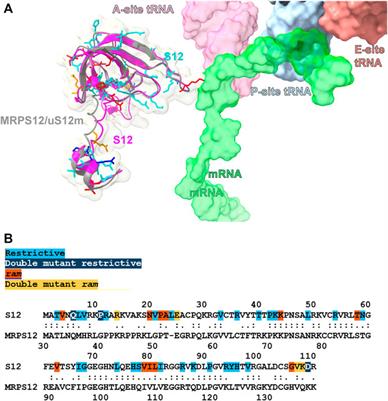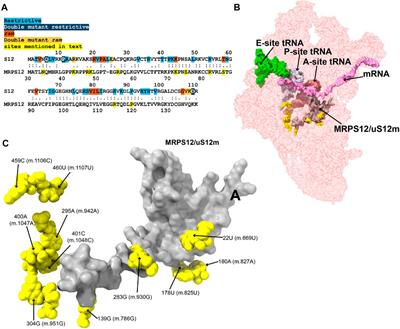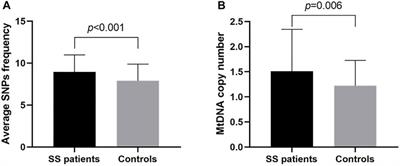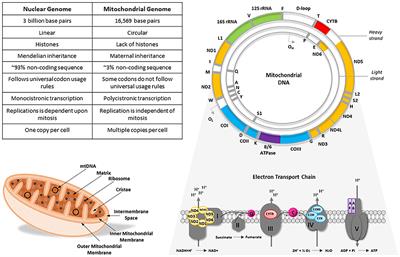REVIEW
Published on 30 Jun 2023
Our current understanding of the toxicity of altered mito-ribosomal fidelity during mitochondrial protein synthesis: What can it tell us about human disease?

doi 10.3389/fphys.2023.1082953
- 2,276 views
- 4 citations
3,139
Total downloads
16k
Total views and downloads
You will be redirected to our submission process.
REVIEW
Published on 30 Jun 2023

ORIGINAL RESEARCH
Published on 08 Jun 2023

ORIGINAL RESEARCH
Published on 11 Mar 2022

SYSTEMATIC REVIEW
Published on 17 Aug 2021

